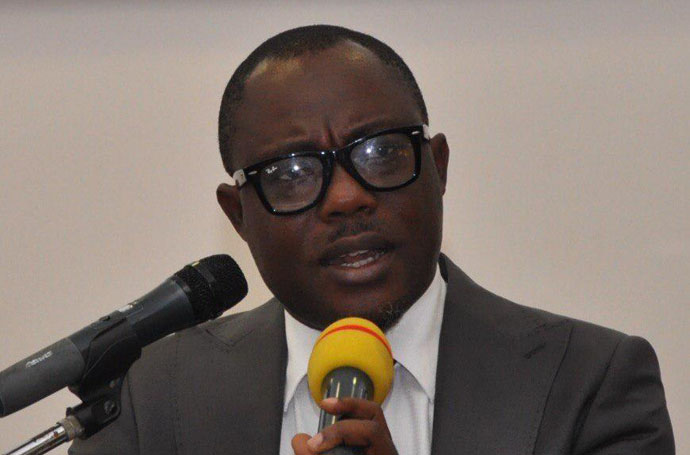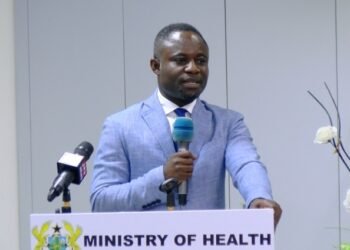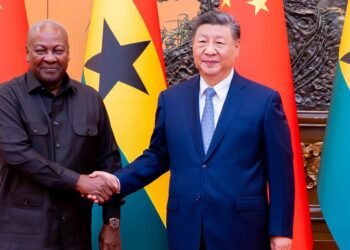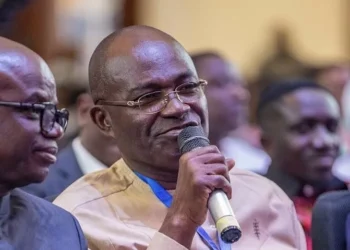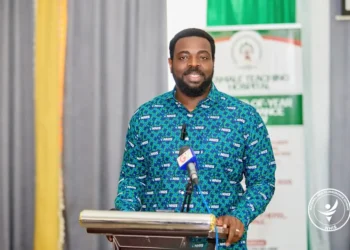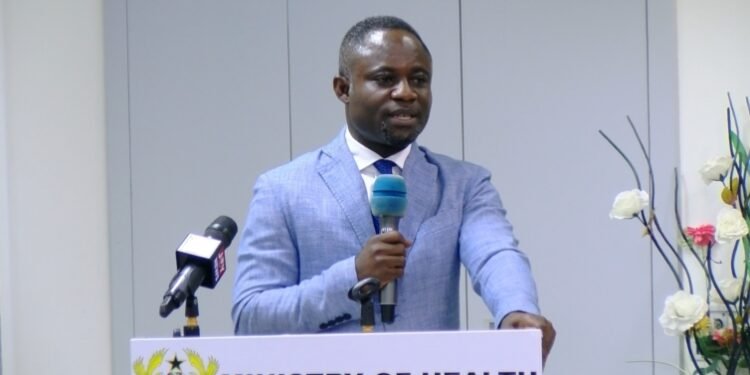An Associate Professor of Political Science at the University of Ghana, Professor Ransford Gyampo, has stated that “there is a problem with the fundamental law of Ghana.”
In an interview on Critical Issues, Prof. Gyampo intimated that, if the laws of Ghana were constituted properly, the pages of the Presidential Manifestos read to Ghanaians will not be as lengthy as they are.
He further stressed that, the length of challenges stated in the manifesto of the two biggest Political parties (New Patriotic Party and National Democratic Congress), will not have been present if the laws were constituted to suit Ghanaians.
“There is a fundamental problem with the manifestos of both political parties. Now, we build a house on a foundation; now if the foundation is weak, you have to know that the building will collapse. Some years ago, when the laws were not in place, there was a Political theorist called Thomas Hobbes, he said that there was something known as ‘state of nature’. Within the state of nature there was no law; no government and anybody can get away with crime. The socio-economic and political well-being of people were not guaranteed. He stated that, for peace to reign, they have to bring themselves under government.
“A statement from John Locke indicates that, when government comes to power, it has to work with the Law. There should be a committee of individuals that will legislate the Law. The laws that are legislated, identifies the various challenges that were faced in the state of nature; and the laws solve those challenges. When the law is working, the challenges that were under governance, will be minimized. When laws are legislated, it has to look at every aspect of our lives to avoid developmental challenges. If there is an efficient law, you will notice that the problems that you seek to find solutions to in a Manifesto, will reduce.”
Prof. Gyampo noted that, a research was conducted by Political Parties in Ghana, which sort to find out gaps in the laws of the country. “Due to the findings of the research, it was advised that we review and amend the constitution,” he said.
“In 2006; 2007, there was a study undertaken by the Political Parties themselves, under a program called the Ghana Political Parties Program; It was sponsored by the Institute of Economic Affairs (IEA). The study was simply to audit the gaps in Ghana’s democracy. By the time the findings were released, one key finding was that even though Ghana’s 1992 constitution has served the country well, it nevertheless contains provisions that hinder the maturation of our democratization process; it nevertheless contains provision that hinder efforts to fight and to extricate ourselves from the quagmires and poverty and other development.”
In his closing remarks on the topic, he revealed that a constitution review process which was initiated under the late Professor John Evans Atta Mills, has not been mentioned and proceeded by the current President of Ghana, Nana Addo-Dankwa Akuffo Addo.



